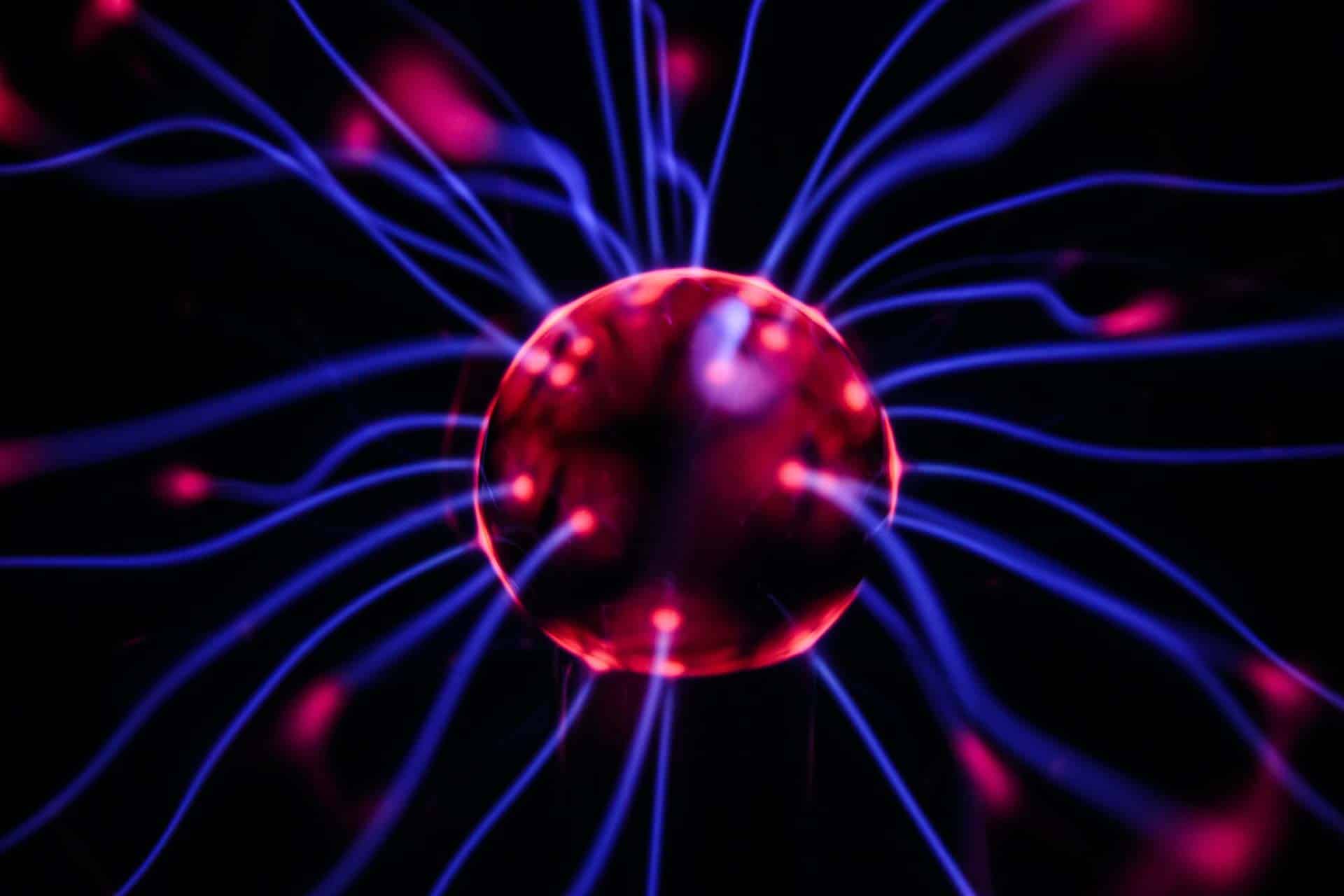There is a lot of debate surrounding the long-term effects of opioid use. Some people claim that opioids cause permanent changes to the brain, while others argue that this is not the case.
It is well-established that opioids cause changes in brain chemistry. When someone takes opioids, it causes a release of dopamine, which is a feel-good neurotransmitter. This dopamine release is what causes the pleasurable effects associated with opioid use. However, this change in brain chemistry can also lead to addiction.
There is evidence to suggest that chronic opioid use can lead to changes in brain structure. For example, one study published found that regular opioid users had reduced grey matter in the orbitofrontal cortex and anterior cingulate cortex, which are regions of the brain associated with decision-making and impulse control.
Are These Changes Permanent?
There is a lot of discussion and debate surrounding the topic of opioids and whether or not they cause permanent changes to the brain. Some people are quick to point out that many opioid users become addicted and say that this proves that opioids do cause changes to the brain. However, others argue that addiction is a choice and not something caused by the drug.
The fact is that we don’t know for sure if opioids cause permanent changes in the brain. There has been some research on this topic, but it is far from conclusive. Some studies have shown that chronic users of opioids do have changes in their brain structure, but it is not clear if these changes are permanent or reversible.
Treatment Options
If you or someone you know is struggling with opioid addiction, treatment options are available. Opioid addiction is a severe problem, but it can be treated. Many resources are available to help those struggling with addiction, and there is no shame in seeking help.
Intensive Outpatient Programs
Outpatient programs allow one to reside at home and receive treatment daily. Programs typically vary in length, but most last between three and six months. This is generally an option for someone who has completed an inpatient program and is now in need of less intensive care but still requires structure during the day.
Telemedicine
This is the use of technology to provide care from a distance. Telemedicine can be done through video conferencing, phone calls, or even text messages. This is an excellent option for someone who lives in a rural area or does not have access to transportation.
Multiple Pathways Treatment
This is an individualized treatment plan that considers each person’s unique needs. This type of care is often used in conjunction with other forms of treatment, such as medication-assisted treatment or 12-step programs.
There is no one-size-fits-all solution to treating opioid addiction. It is vital to find a treatment plan that works for you or your loved one. There is no guarantee that treatment would correct it if there were any damage caused by opioid use. What is important is a treatment program to begin the journey to recovery.

